BIS cuts
A document ‘BIS 2020 – Finance and Headcount outline’ has outlined the department’s latest restructuring plan. The document reveals that some 265 jobs could be shed from the research councils (16 per cent of the workforce), with another 47 going from the Higher Education Funding Council for England (17 per cent of the workforce) and 12 jobs going from the Office for Fair Access (67 per cent of the workforce). BIS plans could see almost 5,000 jobs lost by 2020 (Research Professional).
Graduate Employment
BIS has published its latest figures on the graduate labour market for 2015. You can view the report here. The key statistics are as follows.
- Graduate unemployment: 3.1%
- Non-graduate unemployment: 6.4%
- Young graduates: 56% in high skill jobs, 31% in medium and low skill jobs
- Young non-graduates 17% in high skill jobs, 54% in medium and low skill jobs
- Median salary for young graduates: £24,000 (£31,500 for all ages)
- Median salary for young non-graduates: £18,000 (£22,000 for all ages)
Policy-making
An article in the Guardian looks into how scientists can impact policy. It discusses how scientists need to understand the policy process and the likely demand for and uptake of evidence, before working out how to produce evidence that would fit into the process. If scientists want to influence policymaking, they need to understand it (The Guardian).
Sutton Report
The Sutton Trust published a report on graduate debt with international comparisons. You can view the report here. The key points are as follows.
- Those who graduated from English universities last year – under the £9,000 fees regime – owed an average of £44,000.
- Average debts in other English-speaking countries ranged between approximately £15,000 and £29,000.
- On average American graduates owe between $29,000 (£20,500), for students at public or private non-profit universities, and $32,600, for those at private for-profit universities.
- The report highlights the growing complexity in arrangements in the UK nations, with different fee levels in Scotland and grants in Wales that enable Welsh students to take up places at English universities for less than £4,000 a year rather than up to £9,000.
- The report argues that the abolition of maintenance grants this September will leave the poorest students with debts in excess of £50,000.
Anti-lobbying
An anti-lobbying clause that was due to come into effect on 1 May and which would have affected many researchers in the UK has been put on hold awaiting a review. You can view the statement here.
A-levels
Which? has reported that almost a third (28%) of more than 1,000 UK 18 and 19 year-old university applicants surveyed said they wished they had chosen different subjects. They also reveal that 41% wished they had considered which subjects would be of most use. Too many university applicants ‘pick wrong subjects at 16’ (BBC News).
HESA
HESA released their statistics on the finances of higher education providers in 2014/15. The figures show that medicine, dentistry and health were the biggest spending academics departments. Breakdown of £31 billion expenditure of UK HE sector. (HESA).
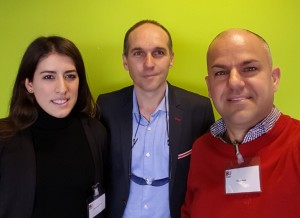
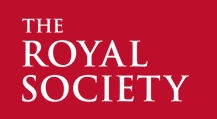
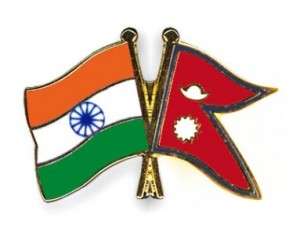
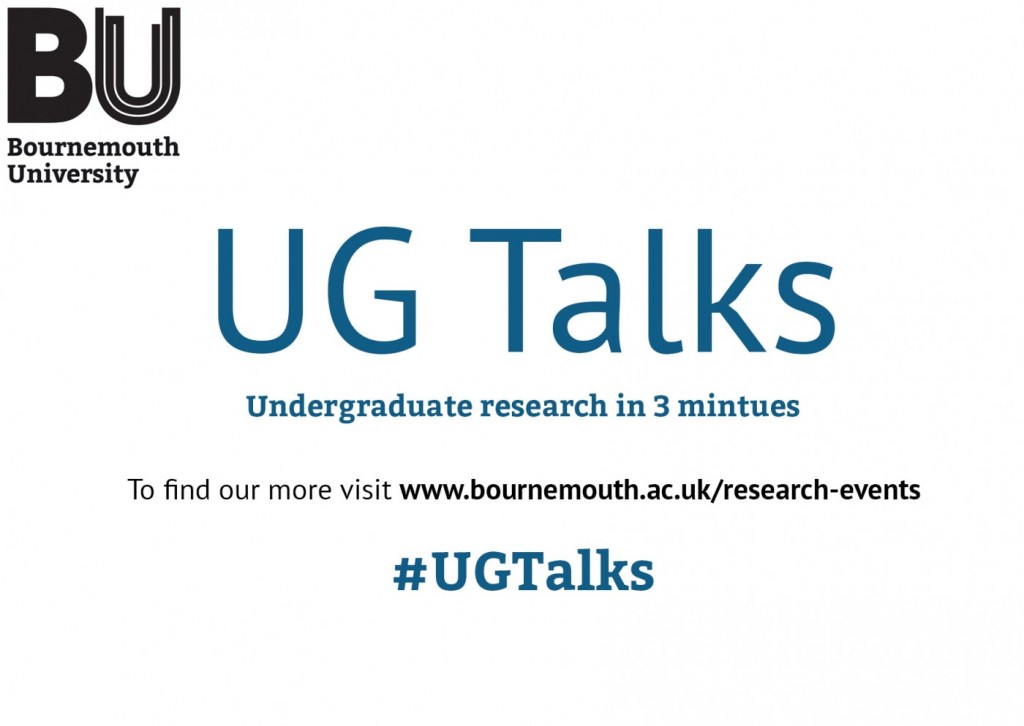
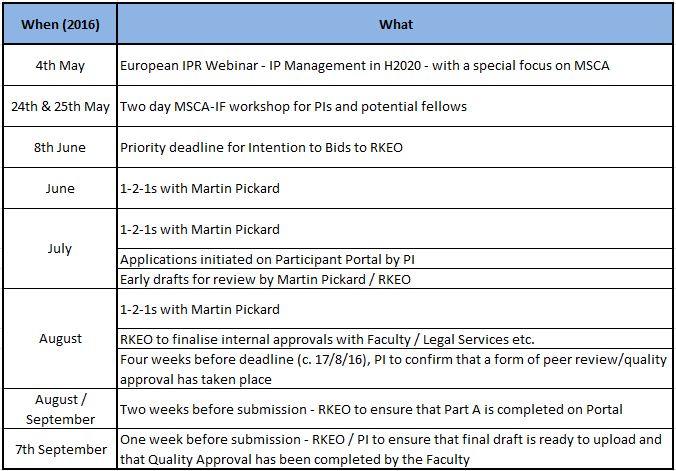 To book onto the internal two-day workshop, hosted by Dr Martin Pickard, on 24th and 25th May, please contact
To book onto the internal two-day workshop, hosted by Dr Martin Pickard, on 24th and 25th May, please contact 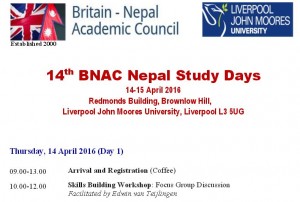
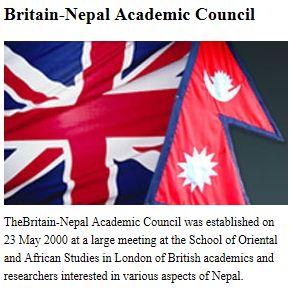
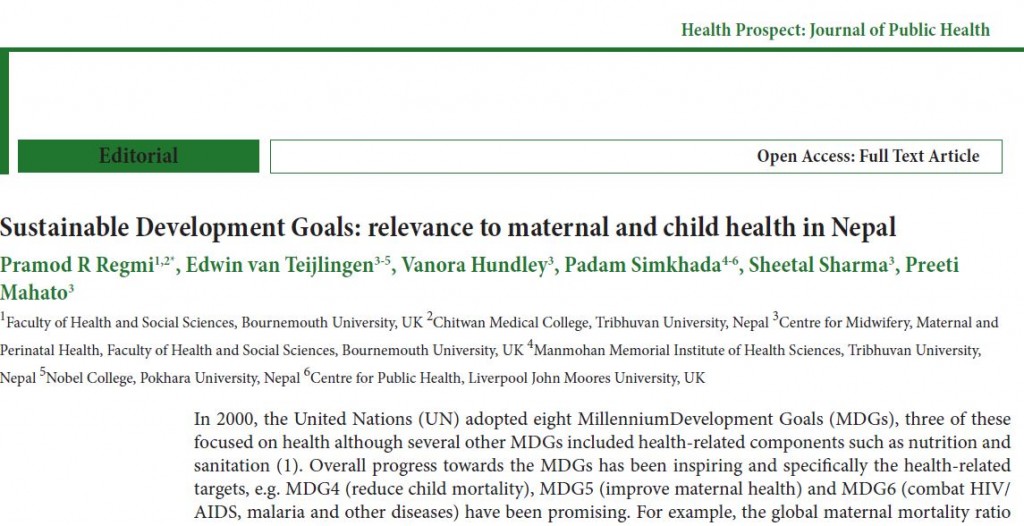












 FHSS academics teaching in Nepal
FHSS academics teaching in Nepal New weight change BU paper
New weight change BU paper One week to go! | The 16th Annual Postgraduate Research Conference
One week to go! | The 16th Annual Postgraduate Research Conference Geography and Environmental Studies academics – would you like to get more involved in preparing our next REF submission?
Geography and Environmental Studies academics – would you like to get more involved in preparing our next REF submission? Congratulations to three former BU staff
Congratulations to three former BU staff MSCA Staff Exchanges 2024 Call – internal deadline
MSCA Staff Exchanges 2024 Call – internal deadline Applications are now open for 2025 ESRC Postdoctoral Fellowships!
Applications are now open for 2025 ESRC Postdoctoral Fellowships! Horizon Europe – ERC CoG and MSCA SE webinars
Horizon Europe – ERC CoG and MSCA SE webinars MaGMap: Mass Grave Mapping
MaGMap: Mass Grave Mapping ERC grants – series of webinars
ERC grants – series of webinars